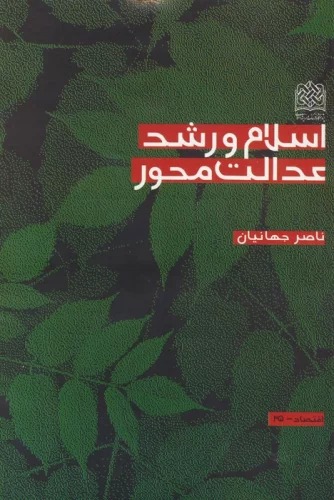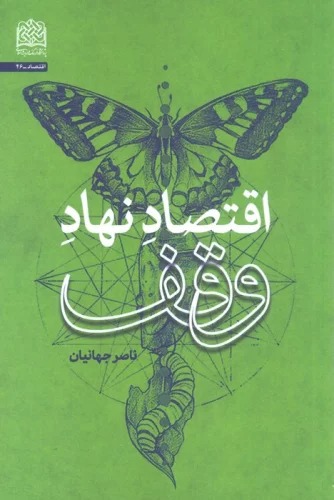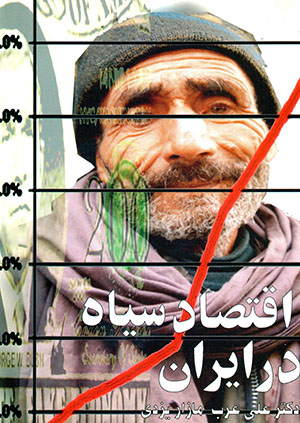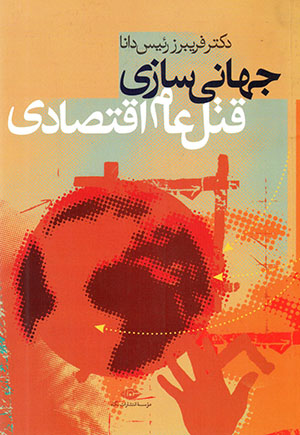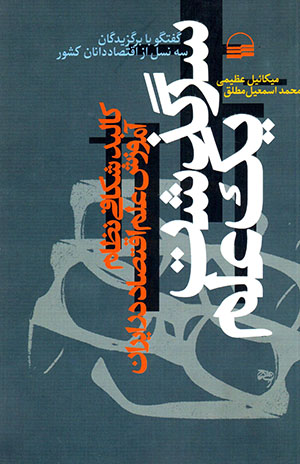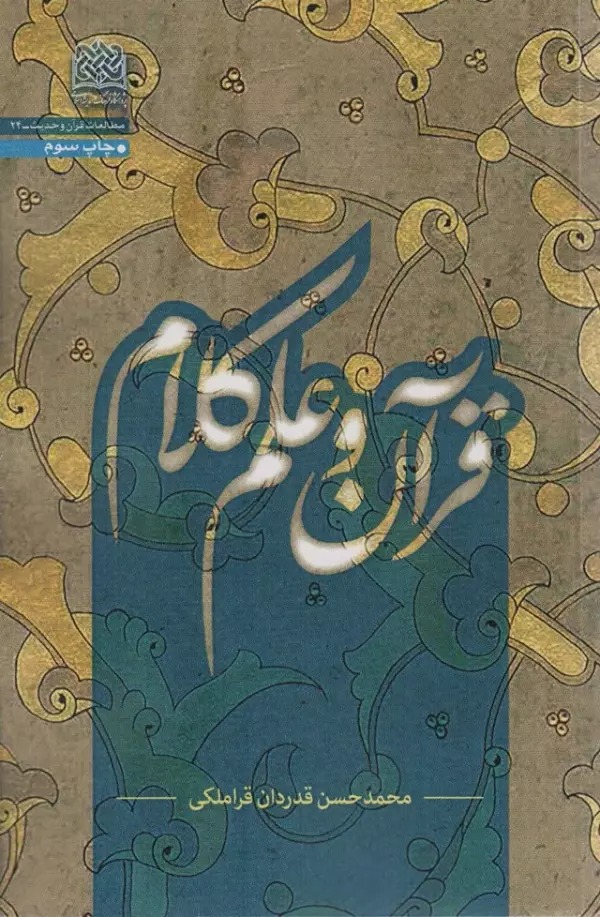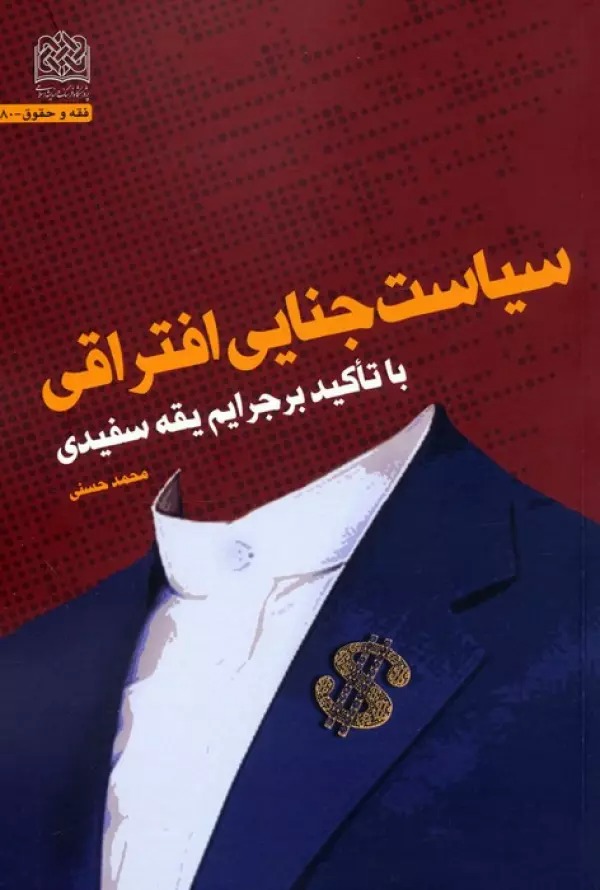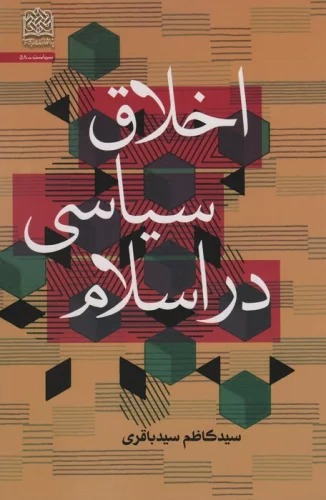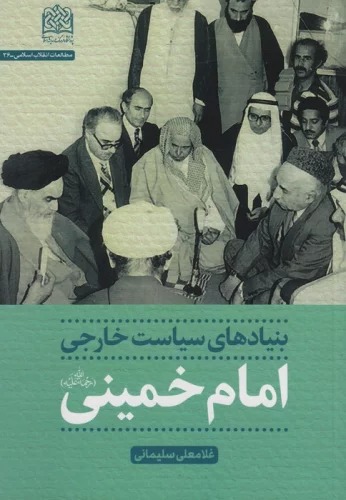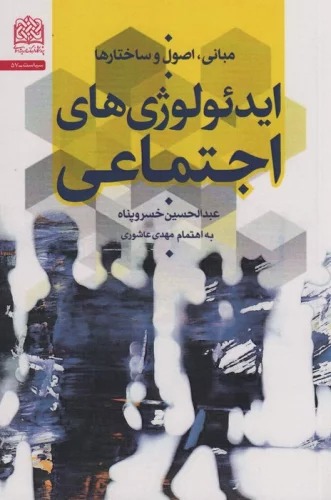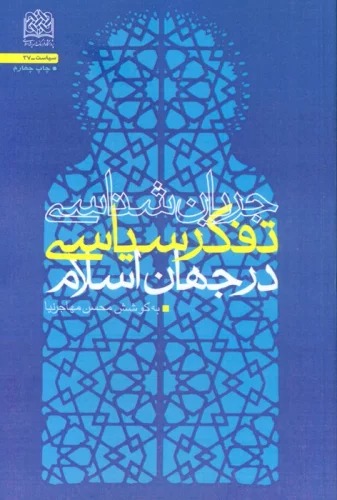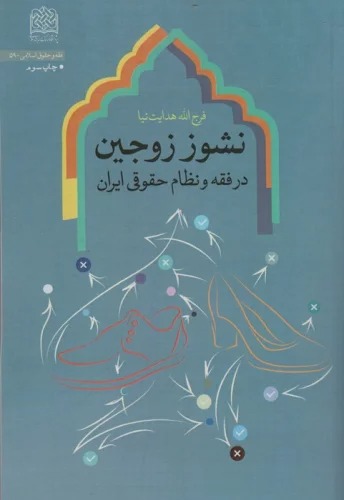اسلام و رشد عدالت محور الفارسية 1402
Islām va Rushd-i 'Idālat Miḥvar
19٫80 $
مشاركة
Wishlist
العنوان الأصلي:
اسلام و رشد عدالت محور
ISBN رقم:
9789642982424
الفئة العمرية:
البالغون
الصفحات:
637
الوزن:
660 g
أبعاد المنتج:
14 x 21 x 5٫8 cm
غلاف الكتاب:
غلاف ورقی
One of the important questions of policymakers in the field of economy in the conditions of globalization and the increase in poverty caused by this phenomenon is whether governments should, first of all, seek economic growth in their development plans so that naturally and through The effect of spillover and downward penetration of the benefits of growth will reduce poverty, or should poverty and distribution issues be considered separately from growth and special programs for poverty alleviation be developed? Regarding the relationship between economic growth and the income of the poor, development experts have been discussing the relative importance of overall economic growth, economic policies, social policies, and aid programs to affect the income of the poor for decades. One view has been that its economic growth does not benefit the poor as much as it benefits the non-poor members of society. But the author's hypothesis in the book is: firstly, that there is no systematic relationship between rapid economic growth and increasing inequality, and secondly, that economic growth reduces poverty; If inequality is reduced or not worsened. Therefore, growth is one of the components of reducing poverty, and another component is reducing inequality or not changing it. To prove his assumptions, the author first states theories, generalities, and economic concepts, and then discusses the literature on growth, distribution, and poverty; The relationship between economic growth, pro-poor growth strategies and policies, etc. has been mentioned. Other topics of the book include the comparative study of Iran and some countries of the world; He mentioned Islamic teachings and fair growth in favor of the poor, and the strategy of fair growth in favor of the poor from the perspective of Islam, etc.
more
یکی از پرسش های مهم سیاست گذاران عرصة اقتصاد در شرایط جهانی شدن و افزایش فقر ناشی از این پدیده آن است که آیا دولت ها باید نخست پیش از هرچیز در برنامه های توسعه ای خود، به دنبال رشد اقتصادی باشند تا به طور طبیعی و از طریق اثر سرریز و رخنه به پایین منافع رشد، فقر کاهش یابد، یا این که باید فقر و مسائل توزیعی را به طور مجزا و منفک از رشد نگریست و برنامه های خاصی برای فقرزدایی تدوین کرد؟ دربارة چیستی رابطة بین رشد اقتصادی و درآمد فقرا، متخصصین توسعه دهه ها است که در خصوص اهمیت نسبی رشد اقتصادی کل، سیاست های اقتصادی، سیاست های اجتماعی و برنامه های کمک برای تاثیرگذاری بردرآمد فقرا بحث می کنند. یک نگرش آن بوده است که رشد اقتصادی آن طوری که به اعضای غیرفقیر جامعه سود می رساند، به فقرا به آن نسبت سود نمی رساند. اما فرضیة نگارنده در کتاب این است : نخست این که بین رشد سریع اقتصادی و افزایش نابرابری، هیچ ارتباط نظام مند وجود ندارد و دیگر آن که رشد اقتصادی، فقر را کاهش می دهد؛ اگر نابرابری کاهش یابد یا بدتر نشود. بنابراین رشد یکی از اجزای کاهندة فقر است و جزء دیگر، کاهش نابرابری یا عدم تغییر آن است. نگارنده برای اثبات فرضیات خود نخست نظریه ها و کلیات و مفاهیم اقتصادی را بیان و سپس به مبحث ادبیات رشد، توزیع و فقر؛ روابط میان رشد اقتصادی، راهبردها و سیاست های رشد موافق فقرا، و... اشاره کرده است. از دیگر مباحث کتاب می توان بررسی تطبیقی ایران و برخی کشورهای جهان؛ آموزه های اسلامی و رشد عادلانة موافق فقرا، و راهبرد رشد عادلانة موافق فقرا از منظر اسلام و... را نام برد.
more

